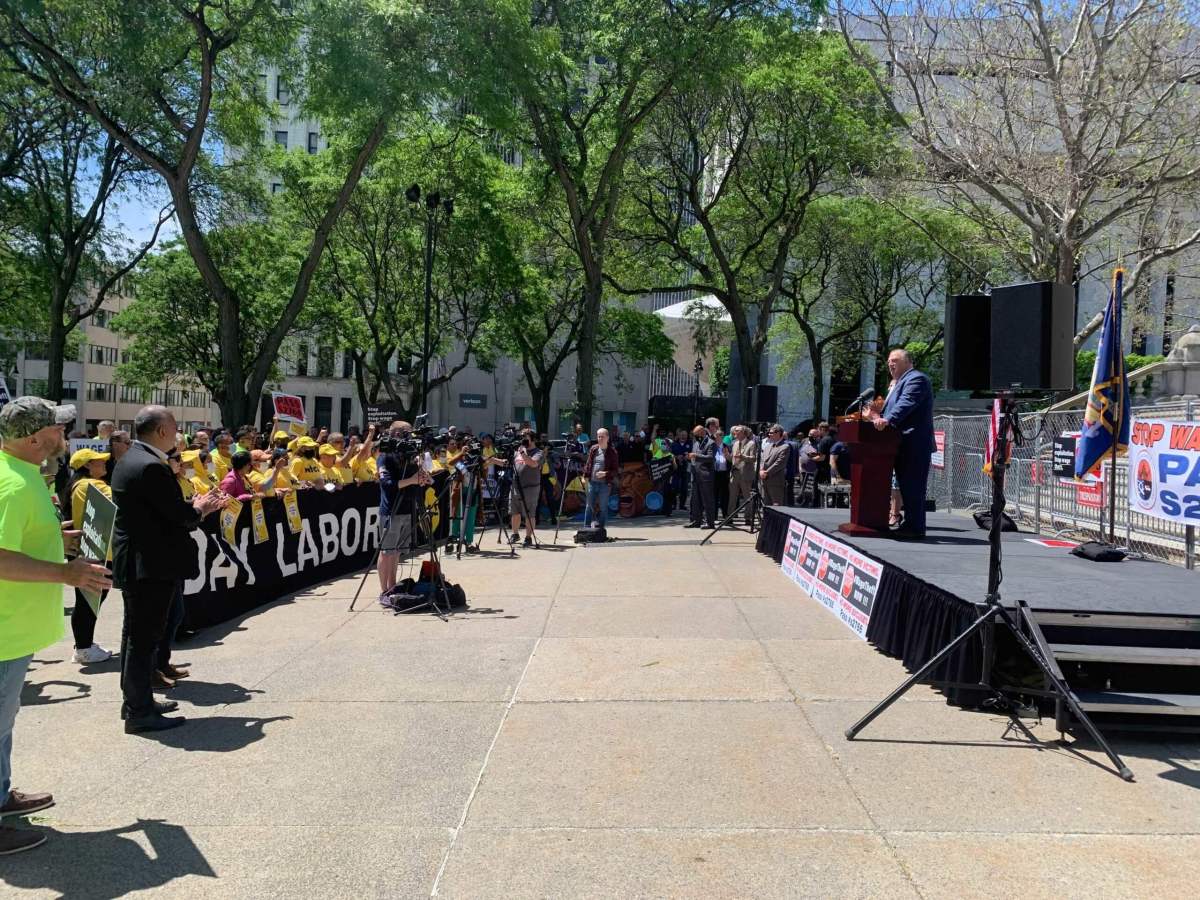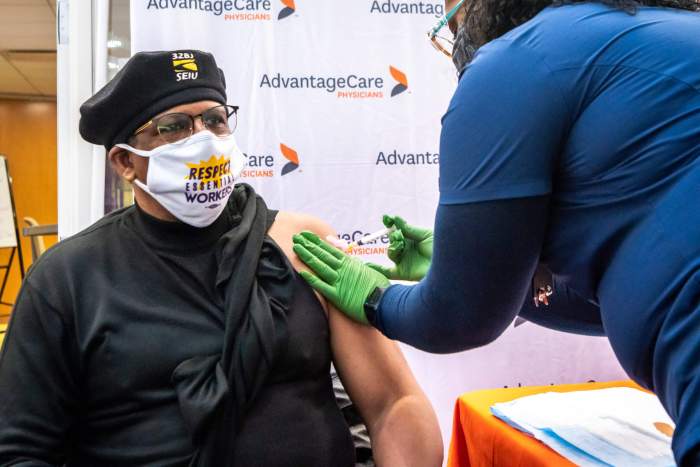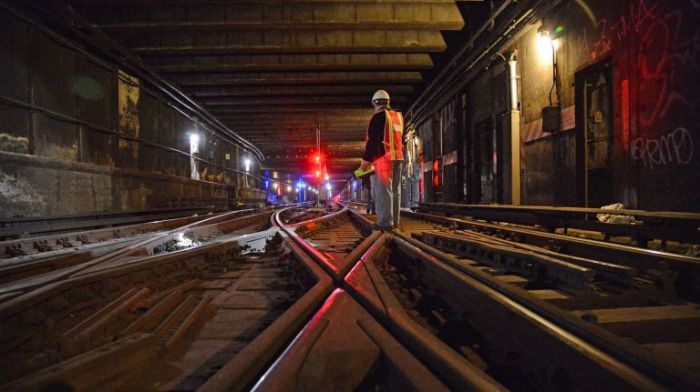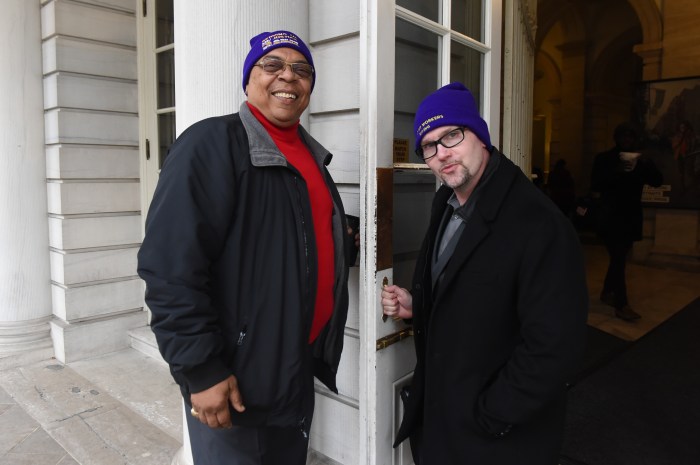A big crowd of New York’s construction workers converged on the state capitol this week urging the state Senate to swiftly pass a bill that would crack down on wage theft across the Empire State.
The New York State Building and Construction Council led the May 24 rally on the steps of the Capitol Building in Albany in support of legislation that would help prevent unscrupulous contractors from denying their workers a proper wage, including overtime and benefits.
The council’s new president, Gary LaBarbera, said it was time for negligent contractors to be held to account for denying their employees a decent living.
“Enough is enough,” said LaBarbera. “For far too long, hardworking construction workers from all across the state have been put second to the profits of irresponsible, unscrupulous contractors. We cannot tolerate this injustice any longer. Lawmakers must pass legislation that finally protects New York’s working-class men and women from this reprehensible labor abuse.”
The Albany rally followed one that occurred in Manhattan just weeks ago, where workers picked outside the Waldorf-Astoria supporting companion legislation sponsored by Queens state Senator Jessica Ramos and Bronx Assemblywoman Latoya Joyner.
The bills (S.2766/A.3350) would hold all general contractors doing business in New York state responsible for any wage theft violations that may occur on the site. This puts the private sector in line with existing law on public construction projects.
Presently, workers who are victims of wage theft may only bring action against a subcontractor for a job, rather than the general contractor. Generally, subcontractors “remain judgment proof in the court of law,” according to the New York State Building and Construction Council.
Unfortunately, many of the workers exploited in wage theft schemes are often non-union and/or undocumented immigrants, according to bill supporters. A 2017 study by the Center for Popular Democracy found that as many as 2.1 million New Yorkers lost $3.2 billion in income due to wage theft.
“Wage theft takes advantage of our most vulnerable workers, and that is unjust, immoral, and we simply cannot tolerate it any longer,” said Manuel Castro, executive director of New Immigrant Community Empowerment (NICE). “Our hardworking immigrant workers deserve better, and New York lawmakers have the opportunity right now to show these workers that their livelihoods and their wellbeing matters.”
Both Ramos and Joyner voiced support for the legislation and the workers rallying for the bill’s passage.
“New York must do the right thing and protect the workers who do so much for our state,” said Ramos. “At any point in time the exploitation of workers who have no advocate is reprehensible and immoral. But, in the aftermath of economic and public health crises that most impacted the workers most vulnerable to this crime, the successful passage of this legislation is more important than ever.”
“This is practical, commonsense and desperately needed legislation to protect New York’s most vulnerable construction workers,” added Joyner. “If it were doctors, lawyers, or bankers being systematically shortchanged by their employers, those industries would demand accountability. Hardworking men and women in the construction industry deserve equal protections. It’s time to stop wage theft now.”
More than a financial crime, wage theft is “a form of workplace abuse, discrimination and corruption,” according to Charlene Obernauer, executive director of the New York Committee for Occupational Safety and Health.
“The longer we allow cases of wage theft to go unpunished, dangerous actors in the construction industry will remain operating on far too many of our worksites,” Obernauer said. “It’s crucial for the safety of all New York construction workers that the Senate passes wage theft protection legislation immediately.”
The Assembly passed the wage theft legislation in January, and the Senate Labor Committee sent it to the full Senate floor for a vote. The state Senate has until June 10 to vote on the bill; if passed, the legislation will be sent to Governor Andrew Cuomo for his signature.





































